Kawaiicon, New Zealand's premier hacker conference, implemented a real-time, room-by-room carbon dioxide monitoring system for attendees to combat the spread of germs and illnesses, commonly referred to as "con crud." The system, which was installed throughout the Michael Fowler Centre venue, allowed attendees to check a public online dashboard for clean air readings in various areas, including session rooms, kids areas, and the front desk, before the conference doors opened on November 6.
The DIY CO2 monitors were set up to provide a real-time approximation of the air quality in each room, allowing attendees to make informed decisions about which areas to visit. According to Jeff Moss, founder of the Defcon and Black Hat security conferences, the initiative is a testament to the innovative spirit of the hacking community. "What they did is fantastic," Moss said in an interview with WIRED. "CO2 is being used as an approximation for so many things, but there are no easy, inexpensive network monitoring solutions available. Kawaiicon building something to do this is the true spirit of hacking."
The decision to implement the CO2 monitoring system was likely driven by the desire to create a healthier environment for attendees, many of whom are already at risk due to the close proximity and shared spaces inherent in hacker conferences. By providing real-time data on air quality, Kawaiicon organizers aimed to empower attendees to take control of their own health and make informed decisions about their time at the conference.
The use of CO2 as a proxy for air quality is not without its limitations, however. Elevated levels of CO2 can lead to reduced cognitive function, headaches, and other symptoms, but they do not necessarily indicate the presence of other airborne pathogens. Nevertheless, the initiative demonstrates a commitment to attendee well-being and a willingness to experiment with innovative solutions.
The success of Kawaiicon's CO2 monitoring system has sparked interest in the wider hacking community, with some attendees and organizers expressing a desire to replicate the initiative at future events. As the use of technology to monitor and mitigate the spread of illnesses continues to evolve, it will be interesting to see how Kawaiicon's experiment influences the development of future solutions.
In the meantime, Kawaiicon's CO2 monitoring system remains a testament to the creativity and resourcefulness of the hacking community, and a reminder that even in the most unlikely places, innovation and experimentation can lead to positive change.
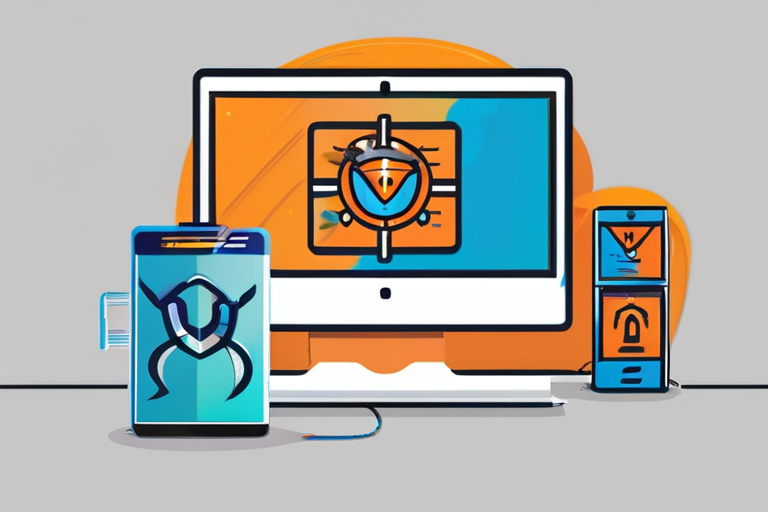


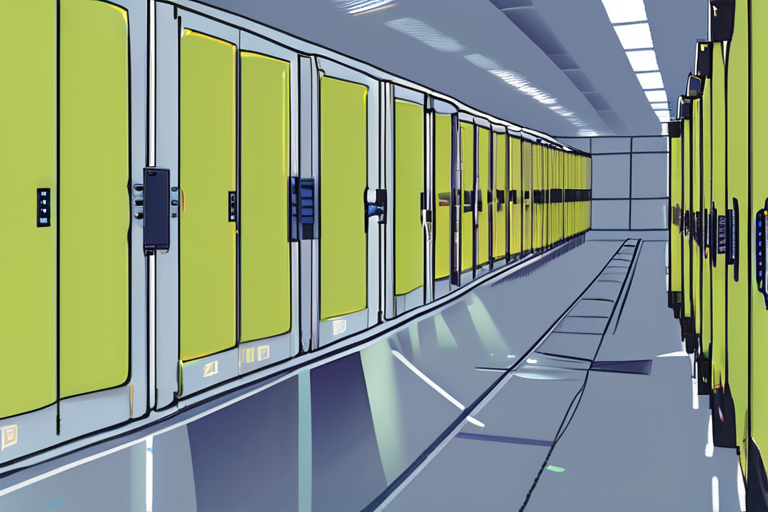
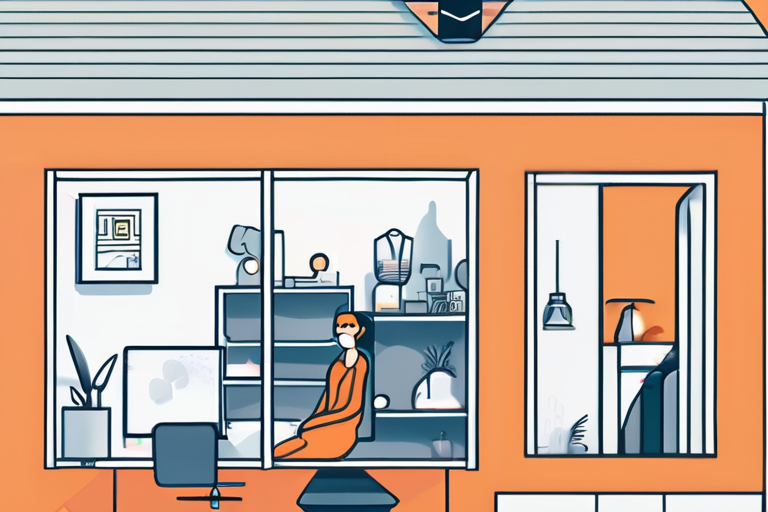
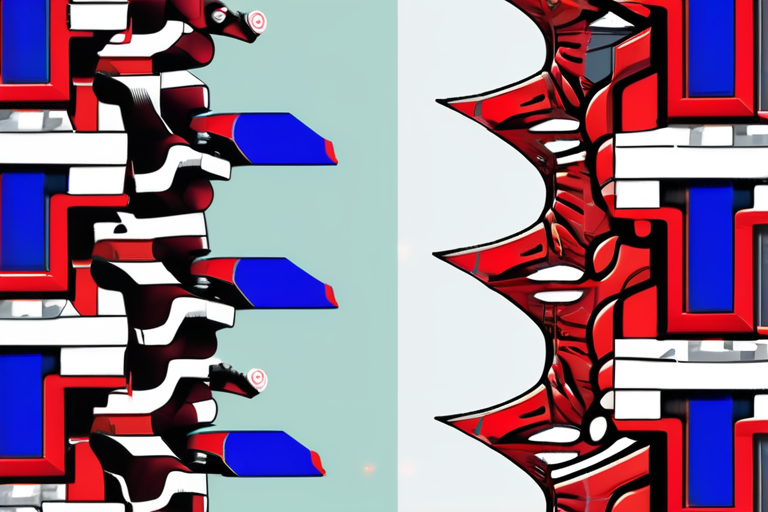
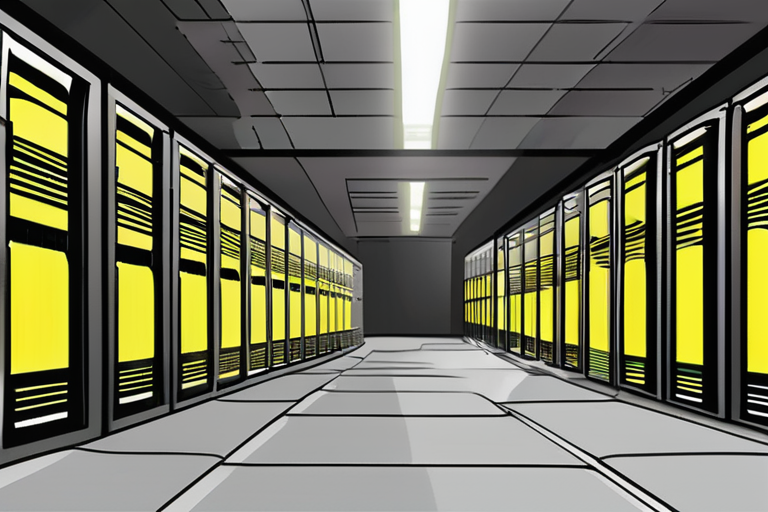
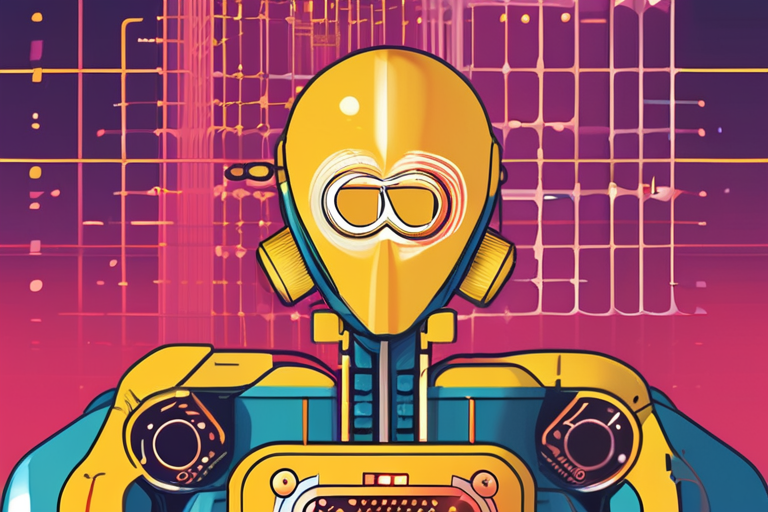

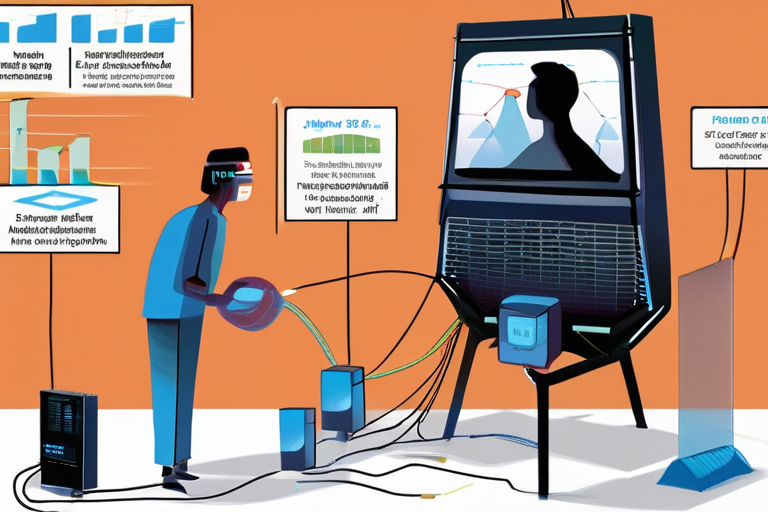


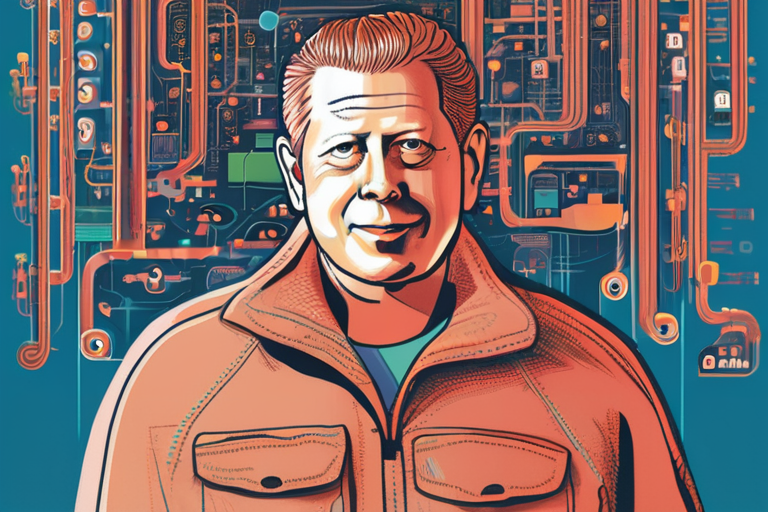
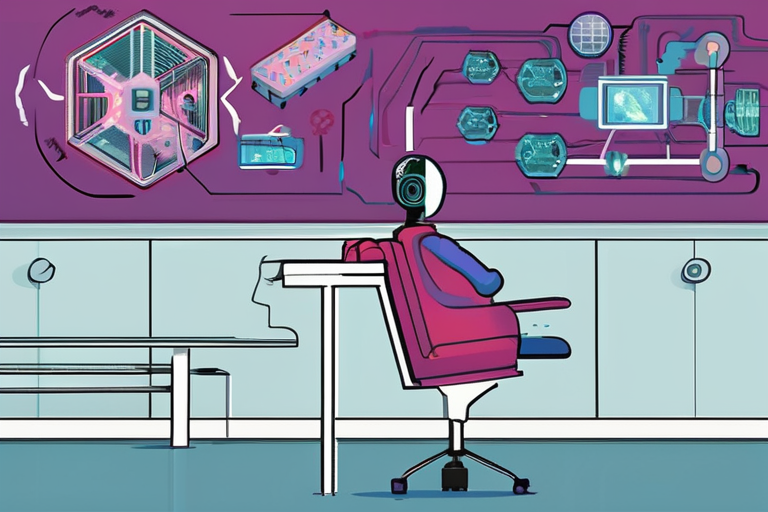
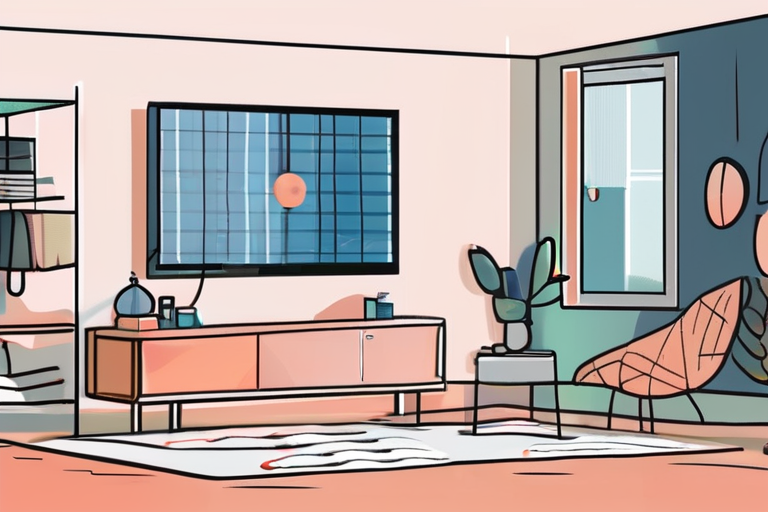

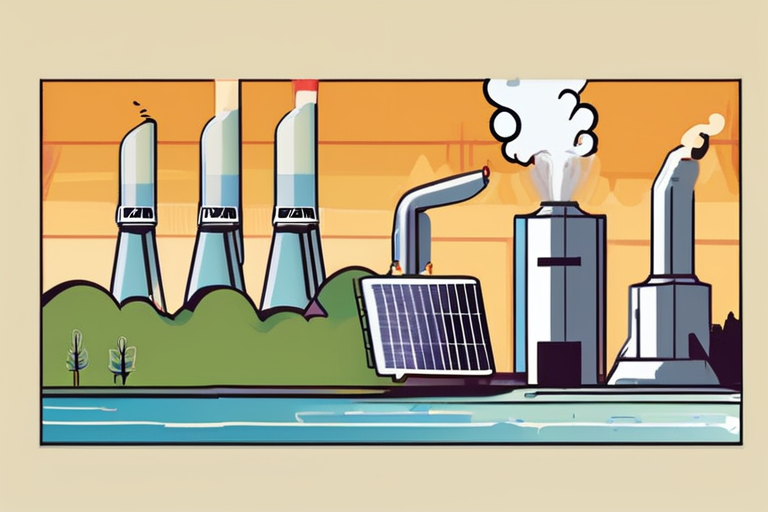
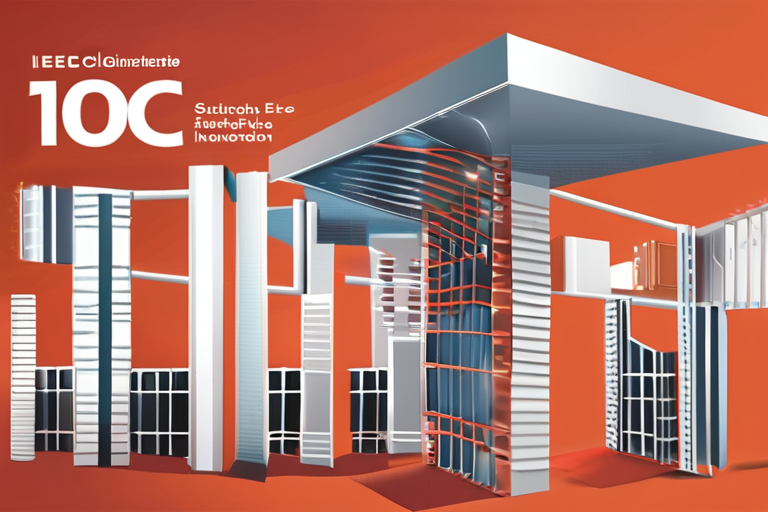
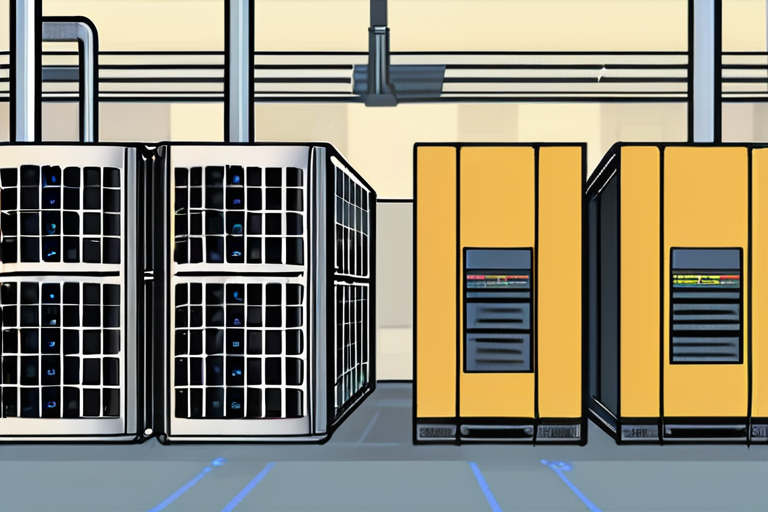

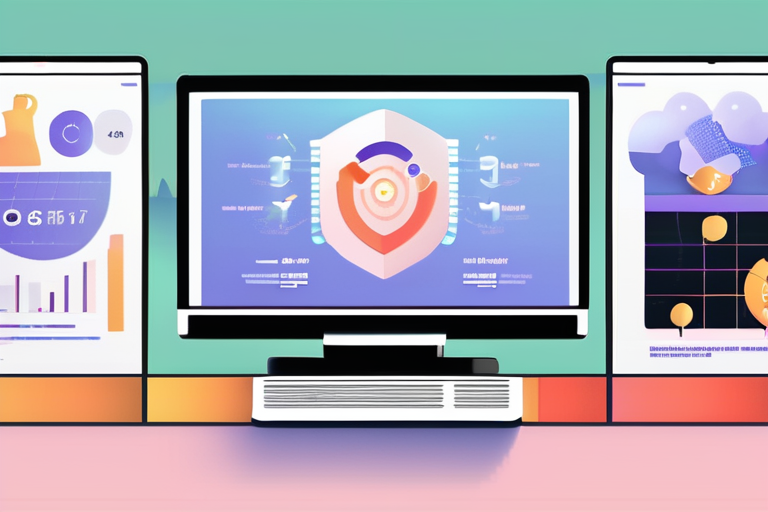
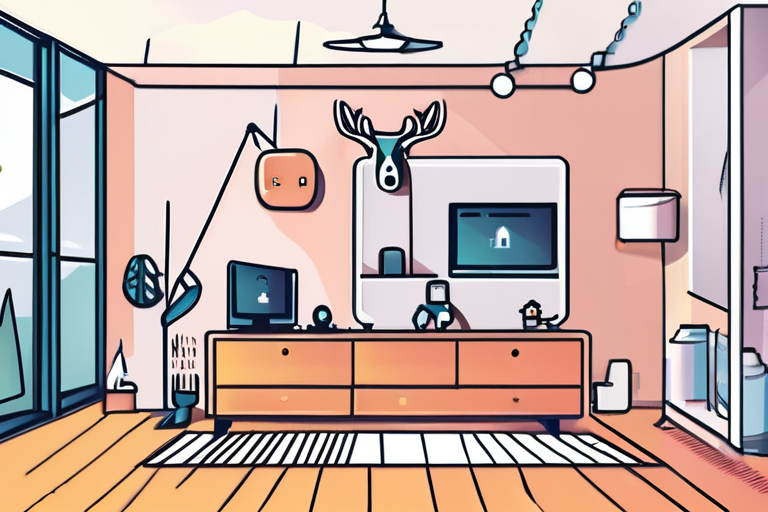
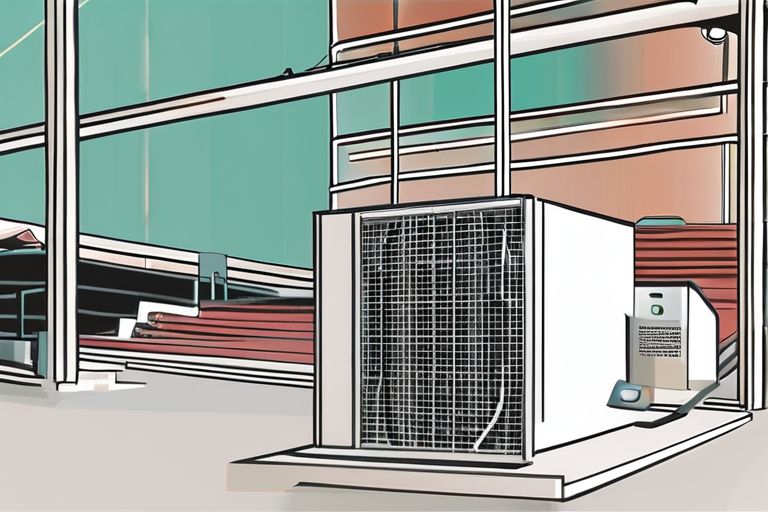
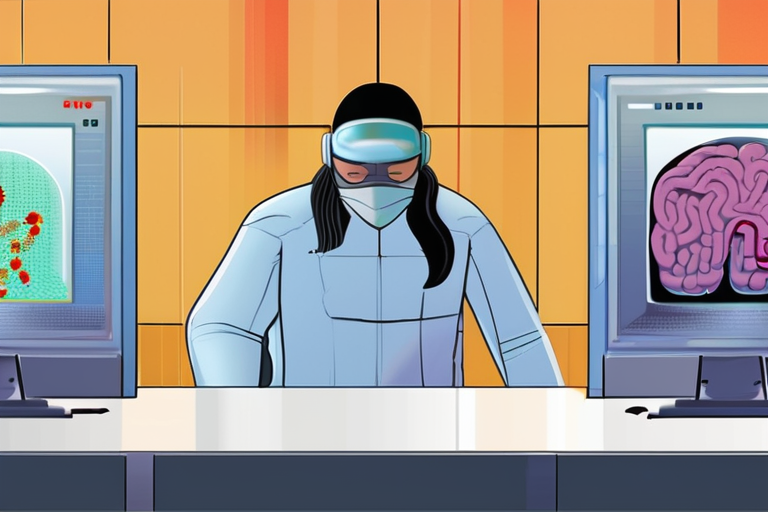
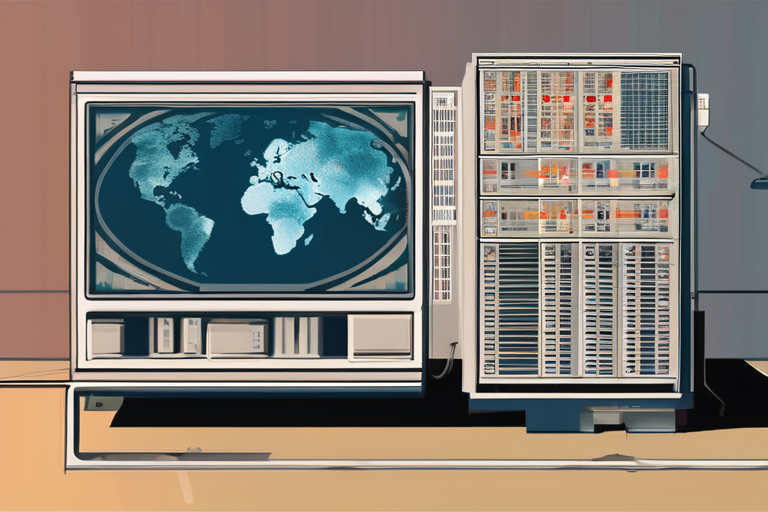
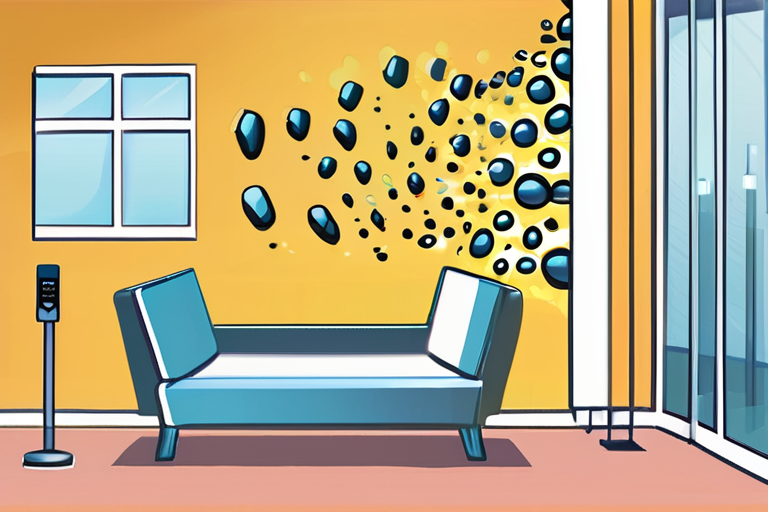
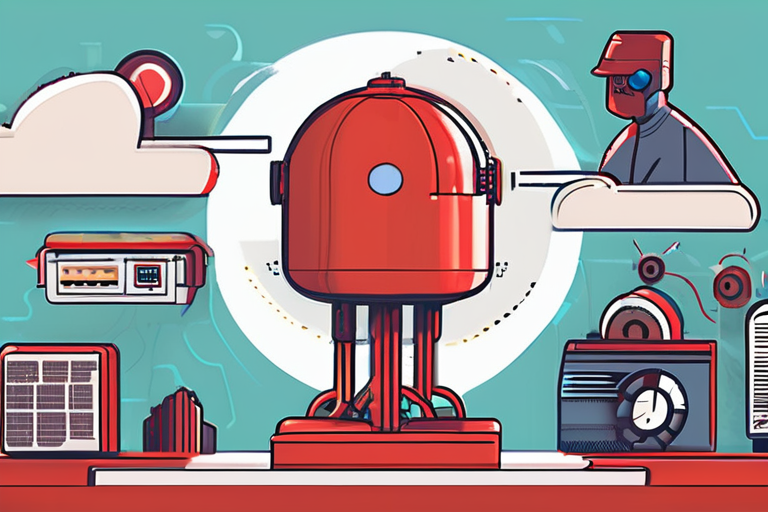
Share & Engage Share
Share this article